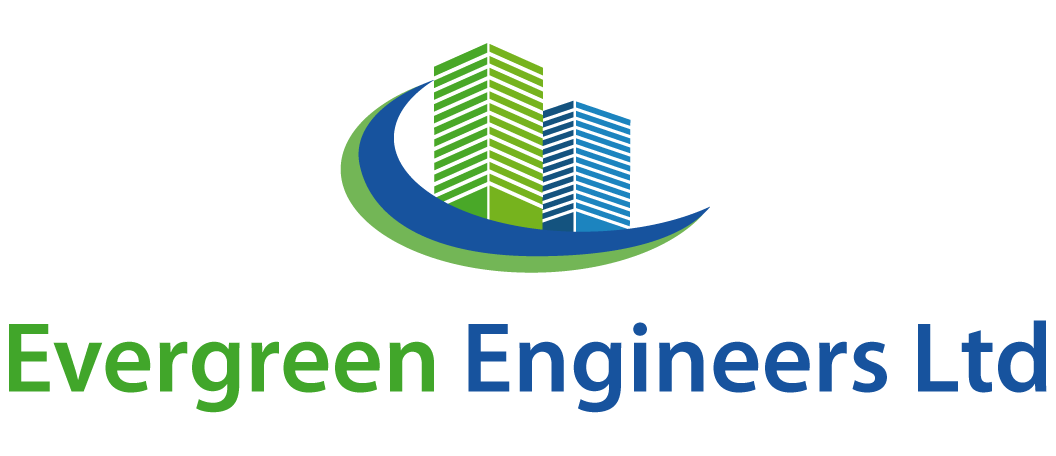Property inspection reports play a crucial role in visa and immigration applications, providing evidence of suitable accommodation for applicants. However, certain mistakes in these reports can lead to delays, rejections, or complications in the immigration process. In this blog post, we’ll discuss common mistakes to avoid when preparing property inspection reports for visa and immigration purposes.
- Inaccurate Property Details
One of the most common mistakes is providing inaccurate or incomplete property details. This includes incorrect addresses, missing information about amenities, or failing to mention essential features like heating systems, water supply, or safety measures. It’s crucial to ensure that all property information is accurate, up-to-date, and relevant to the visa or immigration requirements.
- Insufficient Documentation
Another mistake is submitting property inspection reports without adequate supporting documentation. This could include photos of the property, floor plans, utility bills, lease agreements, or property ownership documents. Insufficient documentation may raise doubts about the authenticity of the report and could result in application delays or rejections.
- Failure to Address Compliance Issues
Property inspection reports should address compliance issues related to local regulations, building codes, and safety standards. Common compliance issues include fire safety measures, building permits, zoning regulations, and occupancy limits. Ignoring or overlooking these issues can lead to legal complications and visa application rejections.
- Lack of Clarity in Descriptions
Clear and detailed descriptions are essential in property inspection reports. Avoid vague or ambiguous language that may confuse immigration officials or raise doubts about the property’s suitability. Provide specific details about room dimensions, furnishings, condition of appliances, and any special features relevant to the visa application.
- Omitting Environmental Factors
Environmental factors such as noise levels, air quality, proximity to transportation hubs, or nearby amenities can significantly impact the property’s suitability. Omitting these factors from the inspection report may result in a lack of comprehensive assessment, leading to questions or concerns during the visa review process.
- Ignoring Maintenance Issues
Failure to address maintenance issues in the property inspection report can raise red flags for immigration authorities. Common maintenance issues include plumbing problems, electrical issues, structural defects, pest infestations, or signs of neglect. It’s essential to document any maintenance concerns and indicate plans for remediation if necessary.
- Overlooking Accessibility Considerations
For visa applicants with mobility challenges or disabilities, accessibility considerations are crucial. Ensure that the property inspection report includes details about wheelchair access, ramps, elevators, accessible bathrooms, and other accommodations as required by law or reasonable accommodations policies.
- Lack of Professionalism and Objectivity
Property inspection reports should be professional, objective, and unbiased. Avoid subjective opinions, personal biases, or exaggerated claims about the property’s condition or suitability. Stick to factual observations, supported by evidence and relevant standards or guidelines.
- Failing to Verify Ownership or Tenancy
Verify ownership or tenancy of the property before including it in the inspection report. Confirm that the property owner or landlord has provided consent for the inspection and that all relevant agreements are in place. Failing to verify ownership or tenancy can undermine the credibility of the report.
- Not Tailoring the Report to Visa Requirements
Each visa or immigration category may have specific requirements regarding accommodation. Tailor the property inspection report to address these requirements adequately. For example, student visas may require proximity to educational institutions, while family visas may emphasize suitable living conditions for dependents.
Avoiding these common mistakes is crucial for ensuring that property inspection reports support visa and immigration applications effectively. Thoroughness, accuracy, compliance with regulations, clarity in descriptions, and professionalism are key principles to follow when preparing these reports. By paying attention to detail and addressing potential pitfalls, applicants can enhance the credibility of their visa applications and expedite the immigration process.
For more information you can contact us or call us at 07500242494 / 020 3129 5156.




